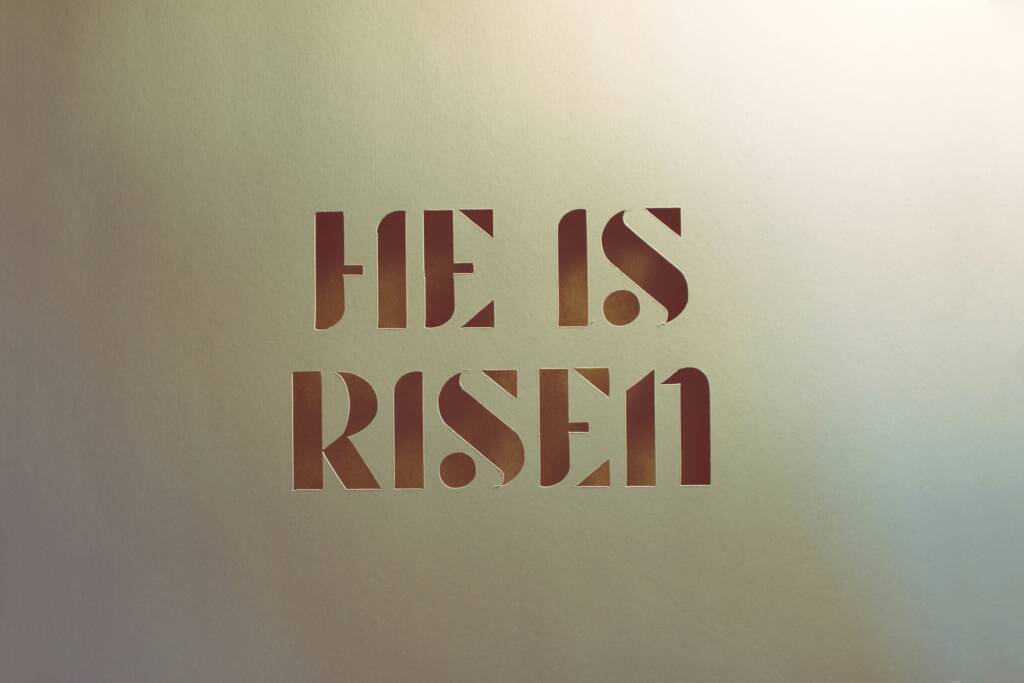
As the Lent season approaches, many individuals find themselves seeking enlightenment and spiritual connection as Easter draws nearer. This period is often viewed as a time when the veil between the earthly and divine realms is perceived to be thinner, allowing for deeper introspection and a heightened sense of spiritual awareness.
During this time, many people reflect on their actions, seek repentance for their shortcomings, and strive to cultivate a closer relationship with the divine. It is a season of introspection, self-discovery, and personal growth as individuals seek to align themselves with their spiritual values and beliefs.
The symbolism of the thinned veil serves as a reminder of the interconnectedness between the physical and spiritual realms, encouraging individuals to seek a deeper understanding of their faith and purpose. It is a time to engage in practices of prayer, fasting, and acts of charity, as well as to contemplate the significance of renewal and redemption.
As we approach Easter, the thinning of the divine veil invites us to embrace a sense of hope, renewal, and transformation, allowing for the possibility of spiritual enlightenment and a deeper connection with the divine during this sacred time.

Prior to exploring the path of becoming ordained individuals and serving a higher power, it’s important to introspect and seek a deep understanding of one’s personal beliefs and spiritual journey. For many, this may involve a period of self-reflection and contemplation in order to align oneself with their chosen faith and its teachings. Additionally, seeking guidance from trusted mentors or spiritual leaders can provide valuable insight and support in navigating this transformational process.
Once an individual has made the decision to pursue ordination and service to a divine purpose, the next step may involve undergoing formal training, education, and fulfilling the necessary requirements within their specific religious or spiritual tradition. This period of learning and preparation is integral to gaining a comprehensive understanding of the responsibilities and commitments that come with becoming an ordained individual.
Upon attainment of ordination, individuals may find themselves called to various forms of service, including pastoral care, community outreach, and spiritual guidance. This may involve actively participating in rituals, leading congregations, providing counsel, and offering support to others on their own spiritual journeys. Through these acts of service, ordination can provide a meaningful and fulfilling way to connect with and uplift those within one’s community.
Ultimately, the journey of becoming ordained individuals and serving a divine purpose is a deeply personal and transformative experience. As individuals commit themselves to this path, they may find themselves continually seeking to deepen their connection with their faith, while also providing support and guidance to others along their own spiritual paths.

Repenting Your Sins on the Journey to Enlightenment
Repentance plays a significant role in the journey to enlightenment for many individuals. Acknowledging and taking responsibility for past actions that have caused harm, whether to oneself or others, is seen as an essential step towards spiritual growth and understanding. Repentance can be a deeply personal and introspective process, allowing individuals to confront their shortcomings and actively work towards positive change.
By repenting for past sins, individuals can experience a sense of release from guilt and remorse, paving the way for inner peace and self-forgiveness. This process can also foster a greater awareness of the impact of one’s actions, leading to a more empathetic and compassionate outlook towards others.
In various spiritual traditions, repentance is regarded as a means of realigning oneself with higher spiritual principles and divine guidance. It serves as a catalyst for transformation and renewal, promoting a more virtuous and ethical way of living.
However, it’s important to note that the concept of repentance can be interpreted differently across belief systems, and its significance may vary from person to person. Additionally, the understanding of what constitutes a “sin” is subjective and can depend on individual or cultural perspectives.
Ultimately, the importance of repenting one’s sins on the journey to enlightenment lies in the opportunity it provides for personal growth, healing, and the pursuit of a more harmonious existence with oneself and the world.
